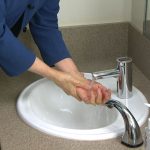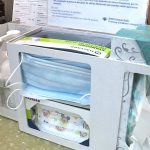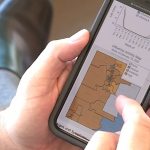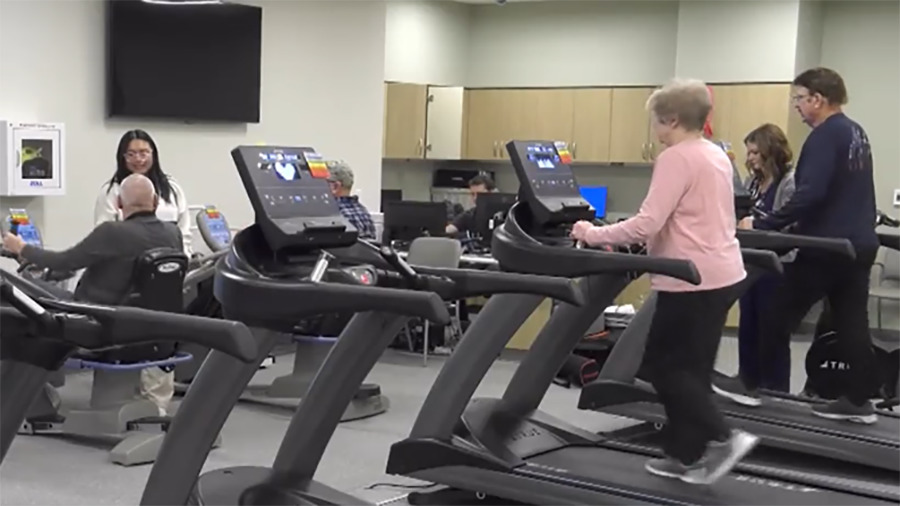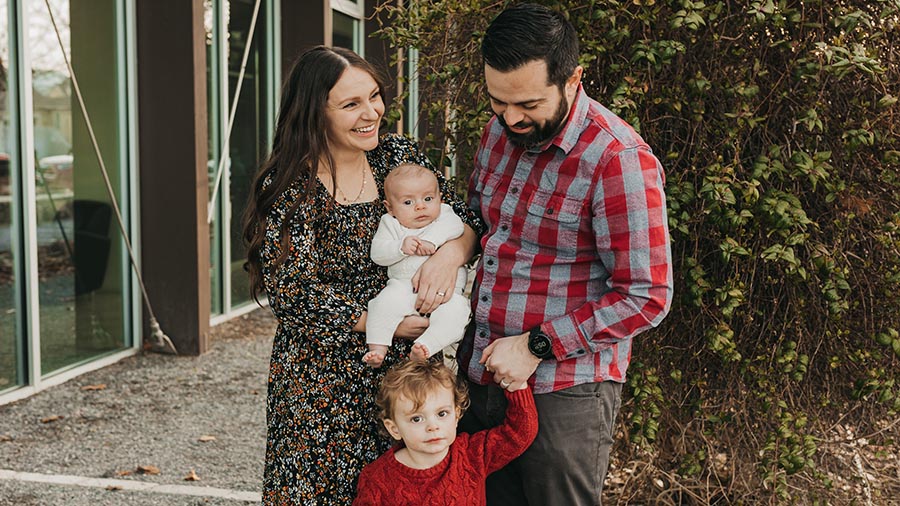How Parents Can Prepare Your Home, Children Against Coronavirus
Mar 12, 2020, 1:54 PM | Updated: 3:05 pm
SOUTH JORDAN, Utah – Businesses and churches are taking measures to protect the community and prepare against coronavirus, but you might be wondering what steps you can take in your home.
The CDC is warning Americans to prepare for a wider spread of Coronavirus in the United States, but what exactly does that mean for Utahns? What used to be a passive concern for one South Jordan mother, is now top of mind.
Kristi Zingleman and her husband are the parents of four kids.
Her husband recently joked, “’OK, we’re going to pack up the trailer and go live in the mountains when it gets here,’ and I’m like, ‘What?’” she said laughing.
But when Zingleman got an email at work warning and preparing employees about COVID-19, her concerns grew more serious.
“It kind of started freaking me out,” she admitted.
Pediatric hospitalist Per Gesteland, who oversees Intermountain Healthcare’s GermWatch program, said it’s only a matter of time before Coronavirus hits Utah.
“Oh, it could happen any day. We have one of the busiest airports in the country,” he said. “I’d be surprised if we haven’t heard about cases in Utah before the end of spring or summer.”
Gesteland said Coronavirus spreads as easily as influenza.
“The degree and the extent to which this virus has been able to jump to other countries and spread within those countries – it’s basically telling us that it’s very good at spreading between people,” he said.
Gesteland said there are simple measures people can take to prevent it.
First, he tells people to educate themselves.
“It’s… knowledge, awareness, (and) empowerment so that you kind of understand what your specific risk may be,” he said.
He warns people who have a weakened immune system to be more cautions.
“Are you elderly? Do you have lung disease? Do you have things that might predispose you?” he suggested.
Second, Gesteland tells people to avoid touching their eyes, mouth, and nose.
“It seems like this virus, much like flu and other respiratory virus, is able to be spread by droplets, coughing, sneezing,” he described.
As basic as it sounds, he said washing your hands and using hand sanitizer is the best way to defend against the illness.
Gesteland said unless you’re infected, wearing a face mask won’t do much to protect you.
“A little mask that doesn’t protect your eyes or doesn’t totally close off your face probably isn’t going to be terribly effective,” he explained.
Zingleman said she is naturally a fairly cautious mother.
“I’m already scared about even just going to the Chick-Fil-A playground,” she said.
As a working mom she is prepared to have family help her with childcare in the event school is canceled and said she will likely start prepping more food storage.
“I definitely want to be prepared just in case I’m hunkered down even at home for a while,” she said.
Gesteland reminds people to keep the outbreak in perspective. He said the numbers right now are spotty and incomplete, meaning not everyone who is infected is being accounted for which skews the fatality rate, making it higher than it should be.
He said it’s not nearly as deadly as SARS or MERS.
“Honestly, I think within a year or so a lot of this is going to have played out. Maybe 40 to 70 percent of the world will have been exposed and potentially infected and recovered, and we’ll be talking about this new coronavirus being part of our seasonal viruses that come around every year,” said Gesteland.
He emphatically emphasized that a majority of those infections are going to be very mild, if not asymptomatic.
He encourages people to utilize Intermountain Healthcare’s online tool called GermWatch, which tracks disease activity weekly in Utah.
Gesteland said just like the flu and other respiratory illnesses, it’s important to maintain overall good health by eating well and sleeping well.
He also encourages people to modify behaviors that would put someone at extra risk, such as smoking or having poorly controlled diabetes so they are strong enough to battle whatever illness comes their way.
Resources:
Latest information from the Centers for Disease Control and Prevention (CDC) about the public response to the coronavirus disease outbreak.
The Intermountain Healthcare GermWatch gives you the latest information on disease activity of all kinds going around in Utah.
More Coronavirus Resources
Have you or a family member been affected by coronavirus issues in Utah? KSL wants to hear from you. Contact KSL by emailing social@ksl.com.
What is COVID-19? Here’s What You Need To Know To Stay Healthy: ksltv.com/432037/what-is-covid-19/
Latest coronavirus stories from KSL can be found at ksltv.com/coronavirus/.
Where in the world has the coronavirus already appeared? See the map: ksltv.com/?p=432035
Your Life Your Health: How can parents prepare their home, children against coronavirus: ksltv.com/?p=432060
Latest information from the Centers for Disease Control and Prevention (CDC) about the public response to the coronavirus disease outbreak.
The Intermountain Healthcare GermWatch gives you the latest information on disease activity of all kinds going around in Utah.
How do I prevent it?
The CDC has some simple recommendations, most of which are the same for preventing other respiratory illnesses or the flu:
- Avoid close contact with people who may be sick
- Avoid touching your face
- Stay home when you are sick
- Cover your cough or sneeze with a tissue and then throw the tissue in the trash
- Wash your hands often with soap and water for at least 20 seconds, especially after going to the bathroom, before eating, and after blowing your nose, coughing or sneezing. Always wash your hands with soap and water if your hands are visibly dirty.
- If soap and water is not readily available, use an alcohol-based hand sanitizer with at least 60% alcohol.
The CDC does not recommend wearing a facemask respirator to protect yourself from coronavirus unless a healthcare professional recommends it.




